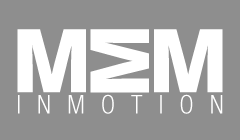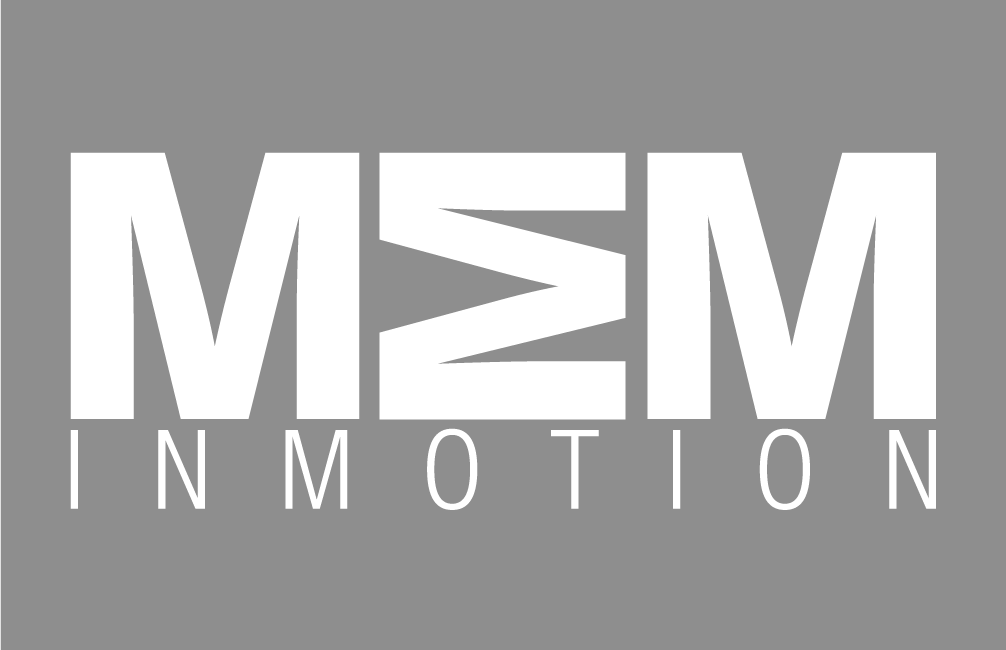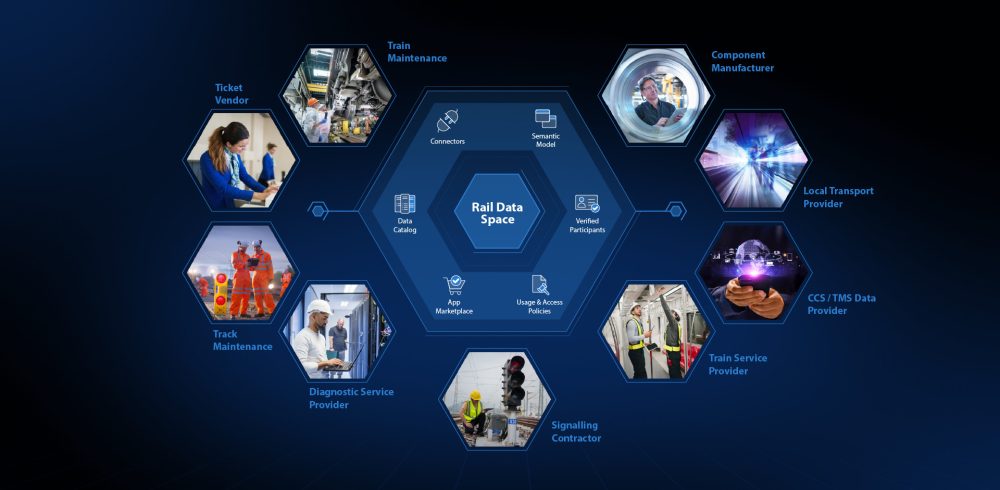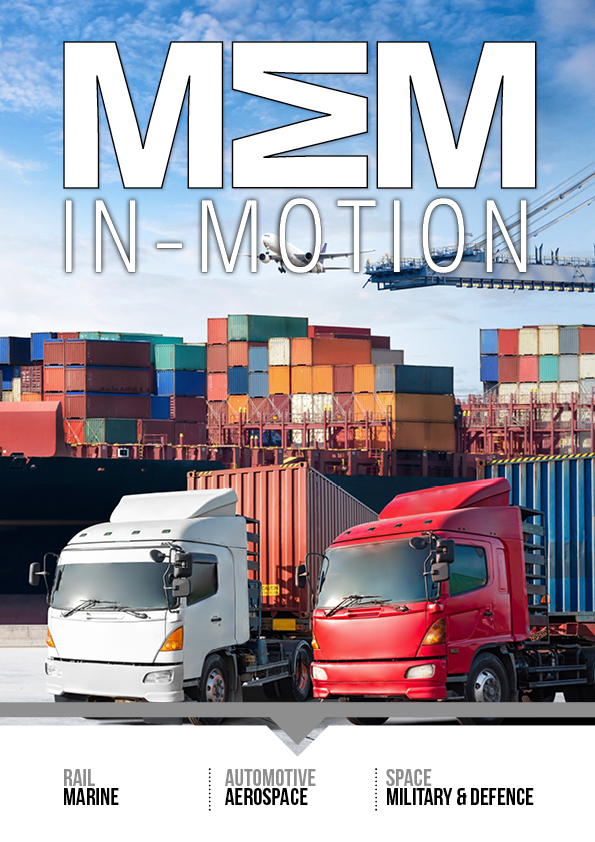The European Rail Data Space (ERDS) is an initiative to create a secure, interoperable data ecosystem for Europe’s rail industry – and is being developed by a Europe-wide consortium under the leadership of Knorr-Bremse. The project, part of the MOTIONAL Flagship Project 1 funded by Europe’s Rail Joint Undertaking (ERJU), aims to enable trusted data exchanges between rail sector stakeholders – from system suppliers, train manufacturers, operators and local transportation companies to ticket service providers.
The underlying ERDS technology is being developed in a specialist environment provided by T-Systems’ Living Labs. Meike van’t Hoen at Knorr-Bremse, who heads the ERDS project, emphasized that: “Thanks to the T-Systems development environment, participants can – for the first time – exchange data while maintaining full data sovereignty, without needing to store the data in a central database or cloud. This complies with the standards of the International Data Spaces Association (IDSA) and the requirements of Gaia
X. All in all, the creation of the European Rail Data Space represents a major milestone for digitalized rail operations, for new digital business models, and for greater connectivity, reliability and efficiency on Europe’s rail networks.”
The official ERDS presentation will take place at InnoTrans in Berlin at the T-Systems booth in Hall 2.1 (Booth 21) on September 24, 2024, between 16:00 and 17:00 CET.
The event will start with two keynote speeches, followed by a video presentation and a panel discussion during which experts will explain the technical and strategic aspects of the ERDS. As well as representatives of the consortium, which includes leading companies in the rail sector, members of the European Railway Agency (ERA) and the IDSA will also be present.
The groundbreaking project highlights the consortium’s commitment to innovative data space solutions for the rail industry, building on the extensive experience gained by the participating companies in similar projects. Ultimately, the secure, sovereign exchange of data between participants will enable unprecedented levels of transparency coupled with an exceptional degree of data control.
ERDS will also create the basis for a variety of digital business models, such as benefit sharing. This means that the data collected by a participant can be used to optimize the operation of an entire fleet, or to proactively replace an infrastructure component before it should suddenly fail. In return, the participant who contributes the data will receive a monetary share of the benefits of the resulting improvement(s).
The rail industry believes that the digitalization of rail transportation holds enormous potential for optimizing fleet planning, rail operations, maintenance, reliability and punctuality. In turn, this will create major opportunities – not least for systems suppliers such as Knorr-Bremse – to contribute to improving rail transportation in Europe and creating new customer benefits based on digital solutions and data-driven services.
Manufacturing & Engineering Magazine | The Home of Manufacturing Industry News









